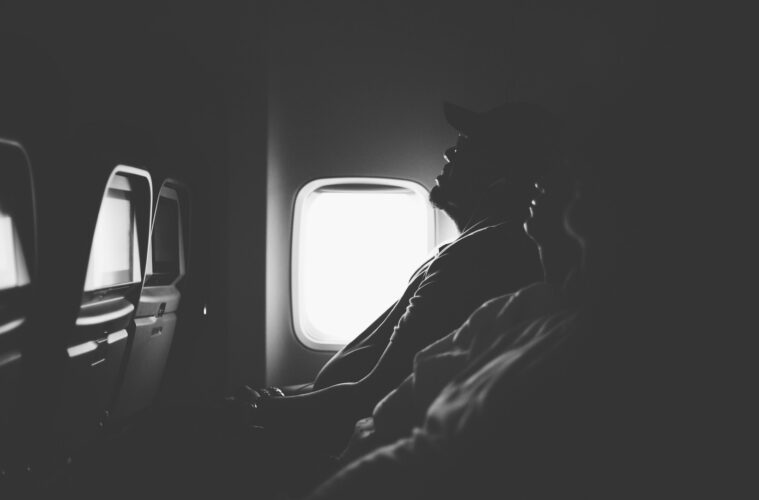Jet lag is a common and often frustrating consequence of long-distance air travel. It occurs when our internal body clock, or circadian rhythm, is disrupted due to crossing multiple time zones rapidly. The resulting symptoms, which include fatigue, insomnia, irritability, and digestive issues, can hinder our ability to enjoy and make the most of our travels. Fortunately, there are several methods and strategies that can help reduce jet lag’s impact, allowing travellers to adapt more quickly to new time zones and enjoy their journey. In this article, we will explore these methods in detail.
Effective Methods to Reduce Jet Lag
1. Gradual Adjustment
One of the most effective ways to reduce the severity of jet lag is to gradually adjust your sleep schedule before your trip. A few days before departure, try going to bed and waking up an hour earlier or later, depending on the direction of travel. This can help your body adapt to the upcoming time zone shift and make the transition less abrupt.
2. Choose the Right Flight
When possible, opt for flights that align with your destination’s local time for sleep. For example, if you’re travelling eastward and your destination will be in the morning, try to book a flight that arrives in the morning. Conversely, if you’re travelling westward and will arrive in the evening, choose a flight that lands in the evening.
3. Stay Hydrated
Dehydration can exacerbate the symptoms of jet lag. Airplane cabins are notorious for their low humidity levels, so it’s essential to drink plenty of water before, during, and after your flight. Avoid excessive alcohol and caffeine consumption, as they can dehydrate you further.
4. Avoid Alcohol and Caffeine
Both alcohol and caffeine can disrupt your sleep patterns. Alcohol may make you drowsy initially but can lead to fragmented and restless sleep. Caffeine is a stimulant that can keep you awake when you need to rest. Limit your consumption of these substances, especially close to bedtime, to improve your chances of getting quality sleep.
5. Use Sleep Aids Sparingly
While some travellers resort to sleep aids, such as melatonin or prescription medications, to combat jet lag, it’s essential to use them with caution. Consult with a healthcare professional before using any medication, as they can have side effects and interactions with other drugs.
6. Sunlight Exposure
Sunlight is a powerful regulator of our internal body clock. Upon arrival at your destination, try to spend time outdoors during daylight hours. Exposure to natural light can help reset your circadian rhythm and signal to your body that it’s time to be awake.
7. Nap Strategically
Napping can be a useful tool for managing fatigue, but it should be done strategically. Short naps (20-30 minutes) can help boost alertness, while longer naps can interfere with nighttime sleep. If you need to nap, set an alarm to ensure it’s brief and doesn’t disrupt your sleep schedule.
8. Stay Active
Engaging in light exercise can help combat the sluggishness that often accompanies jet lag. Take a walk, stretch, or do some gentle yoga to get your blood flowing and reduce fatigue. Avoid strenuous exercise close to bedtime, as it may have the opposite effect and disrupt your sleep.
9. Stay Mindful of Diet
Avoid heavy, rich meals before bedtime, as they can lead to discomfort and digestive issues. Opt for lighter, easily digestible meals, and try to eat in alignment with local meal times at your destination.
10. Patience and Time
Finally, it’s essential to remember that jet lag typically takes a few days to fully resolve. Be patient with yourself and give your body the time it needs to adjust to the new time zone. Over time, your circadian rhythm will naturally synchronise with your surroundings.
Conclusion
Jet lag can be a significant challenge for travellers, but it doesn’t have to ruin your trip. By incorporating these methods and strategies into your travel routine, you can reduce the severity of jet lag and enjoy a smoother transition when crossing multiple time zones. Remember that everyone’s body is different, so it may take some trial and error to find the strategies that work best for you. With a little planning and patience, you can conquer jet lag and make the most of your travel adventures.

